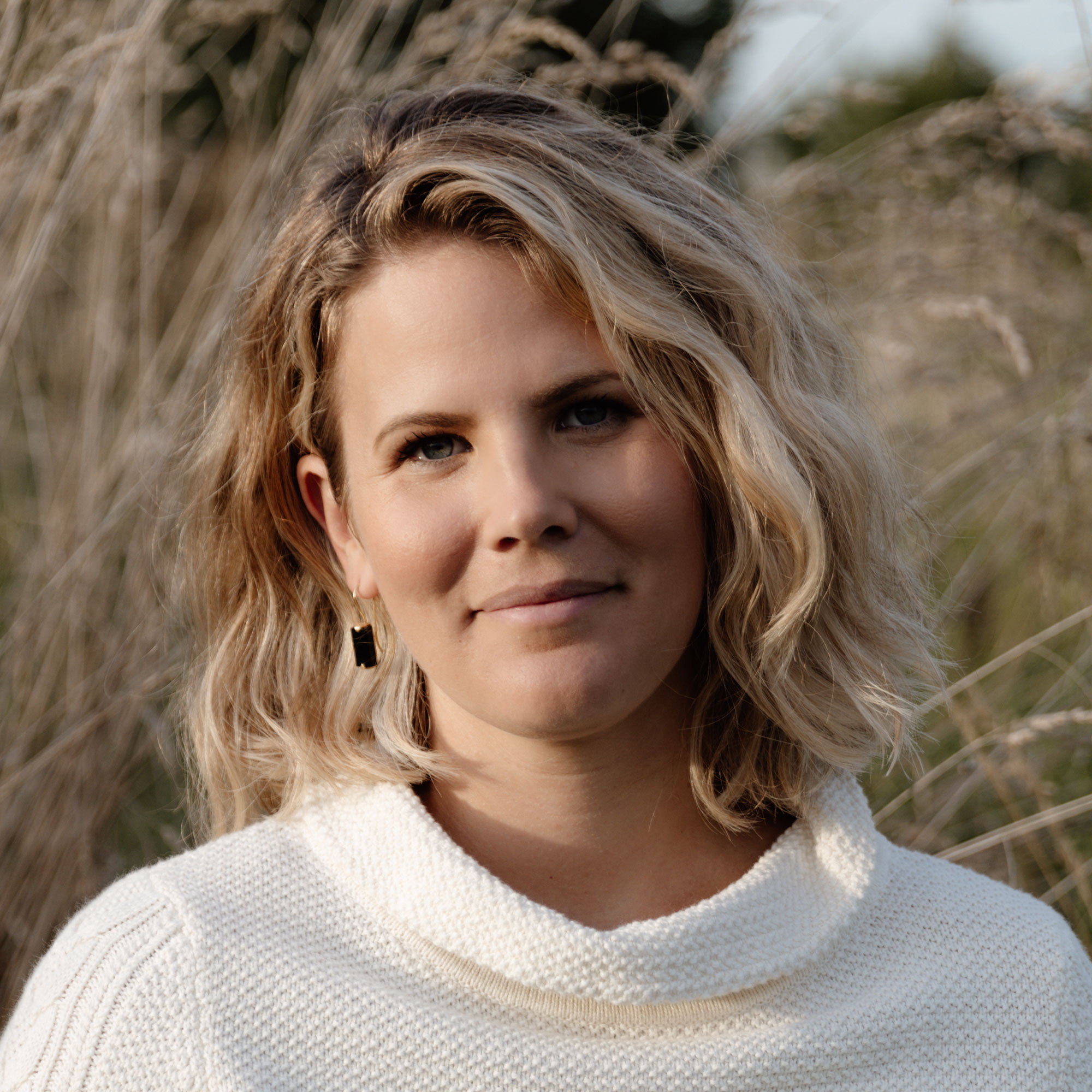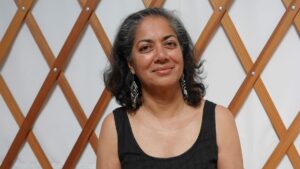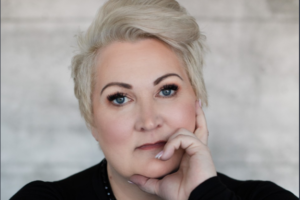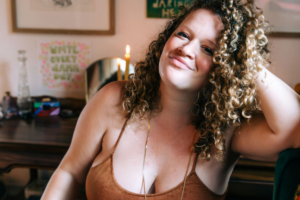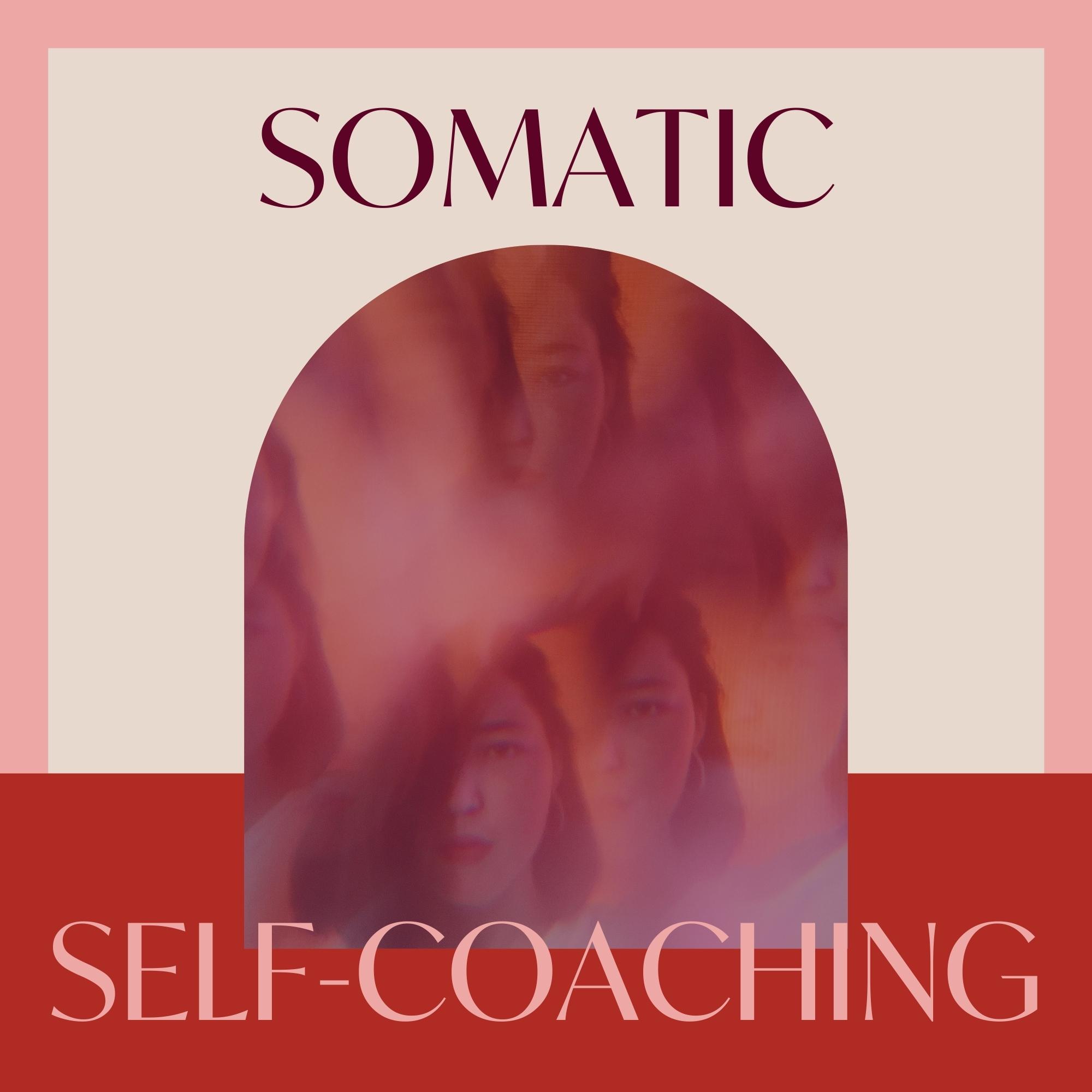Have you ever felt depressed, or know someone who has?
In 2015 the World Health Organization (WHO) published statistics showing 350 million people worldwide suffer from depression – that’s 5% of the entire world. The WHO classified depression as a leading cause of disability. Closer to home here in Australia our local indigenous Aboriginal and Torres Straight Islander people are reported to be three times more likely to be psychologically distressed than other Australians and twice as likely to die by suicide.
Having worked on both the pharmaceutical, and holistic sides of health, I’m familiar with many theories about depression.
But I’ve also witnessed it first hand, in my life, the experiences of close family members and friends.
As part of our emotional embodiment series I’d love us to open up a conversation about dealing with depression, and a few really interesting ideas about where we can support ourselves and others to work with this emotional state.
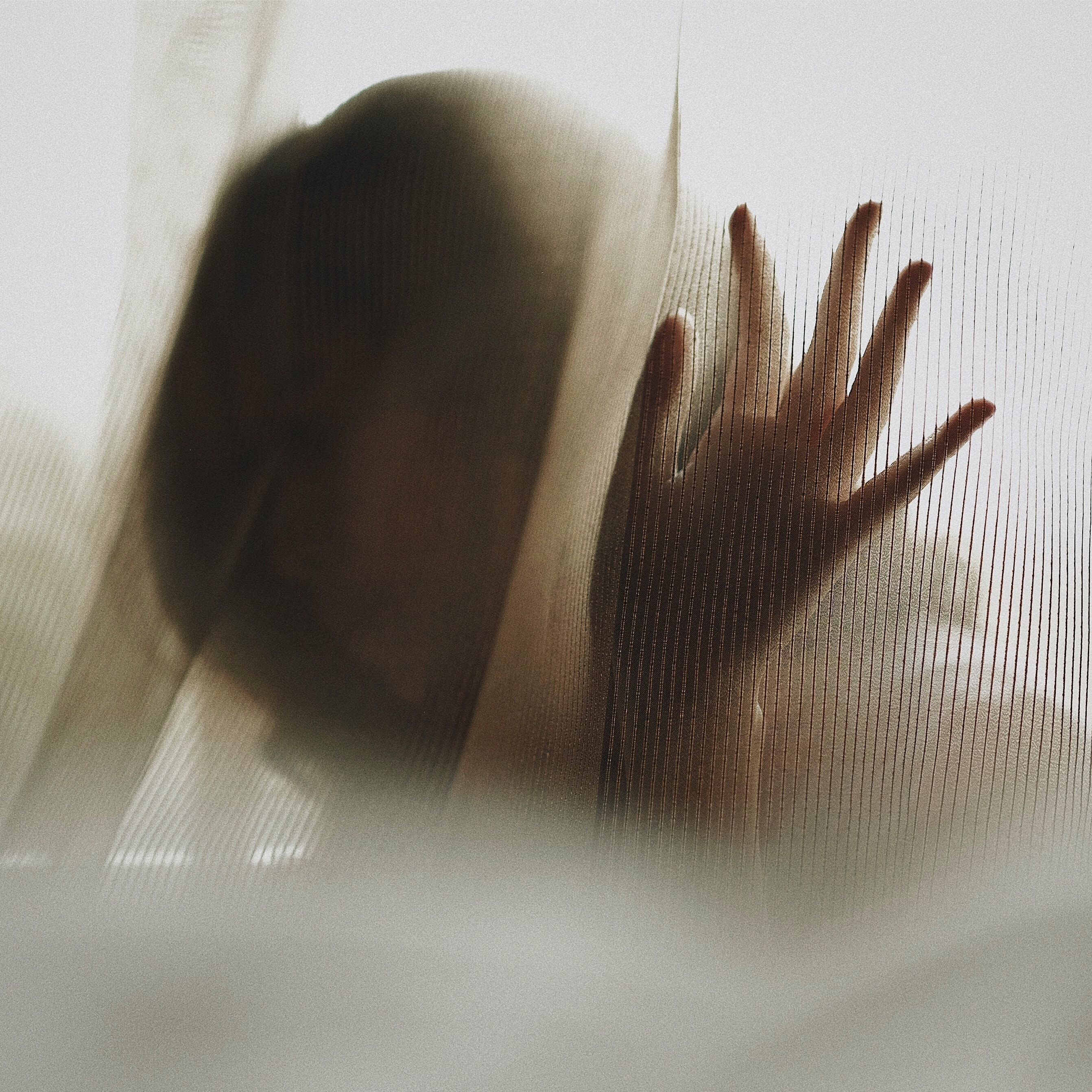 Depression is something that touches us all. But it doesn’t mean the same thing to all of us.
Depression is something that touches us all. But it doesn’t mean the same thing to all of us.
For some of us, depression is a diagnosis that we either do or don’t have.
For others, depression might be a big black hole that we avoid at all costs,
for others still depression might be a low state that we experience for a while.
It’s important to realize everyone experiences depression differently.
Depression has a unique exact texture and feeling for every single one of us.
We each have our own unique thoughts, stories, and beliefs that accompany this state.
And I guarantee the way you might experience depression is vastly different to the next woman’s.
Understanding that “depression” means a million different things to the millions of people who experience it, it is critical to understand that because if depression isn’t a one size fits all experience – it’s certainly not a one size fits all solution.
Sometimes clients describe depression to me like an endless vacuum that, if they come too close to the edge they’ll never come back out of again.
While other women describe it to me as a lifeless energy, like their zest and energy has evaporated leaving them feeling empty. 
It’s actually incredibly useful to know what your texture of depression is.
When we box emotions up and give them a polite label – like depression – it’s very easy to compartmentalize that part of ourselves, cutting it off, denying it attention, numbing it out.
And perhaps for some people this strategy is the best way for them to get through the day.
But when we disconnect from the source of our feelings, even when they are dark and heavy, we disconnect from ourselves.
Perhaps the greatest cause of disembodiment and feeling disconnected from yourself and your power is numbing out the painful parts of yourself that you just don’t want to feel.
And honestly, I can understand why some women wouldn’t want to feel their depression.
And this is our first challenge in depression – if we’re not willing to feel it, and know it’s texture intimately, we’ll never truly be free of it.
In order to feel, liberate and integrate an emotional state – we first have to feel safe.
Without safety, our survival mind is on high alert looking for a threat, ready to dump another load of stress inducing adrenaline in our system and hightail us away from anything that might harm us. But when the source of that threat – our heavy and painful feelings – are inside ourselves, it makes it impossible to run.
It’s common for exhaustion and adrenal fatigue to accompany depression because our nervous system is constantly on alert, to the threat within ourselves.
And as our survival mind searches for that threat, we’ll also commonly find our mind will get into overdrive.
Searching for the cause of our worries, trying to figure out why we feel this way.
Energetically as we tighten our body to avoid feeling the dense and heavy sensations, we send energy up into the head, and with that energy spinning around and around, we can easily find ourselves stuck there.
In this way, we’re no longer willing to feel our body – which is where we experience safety. 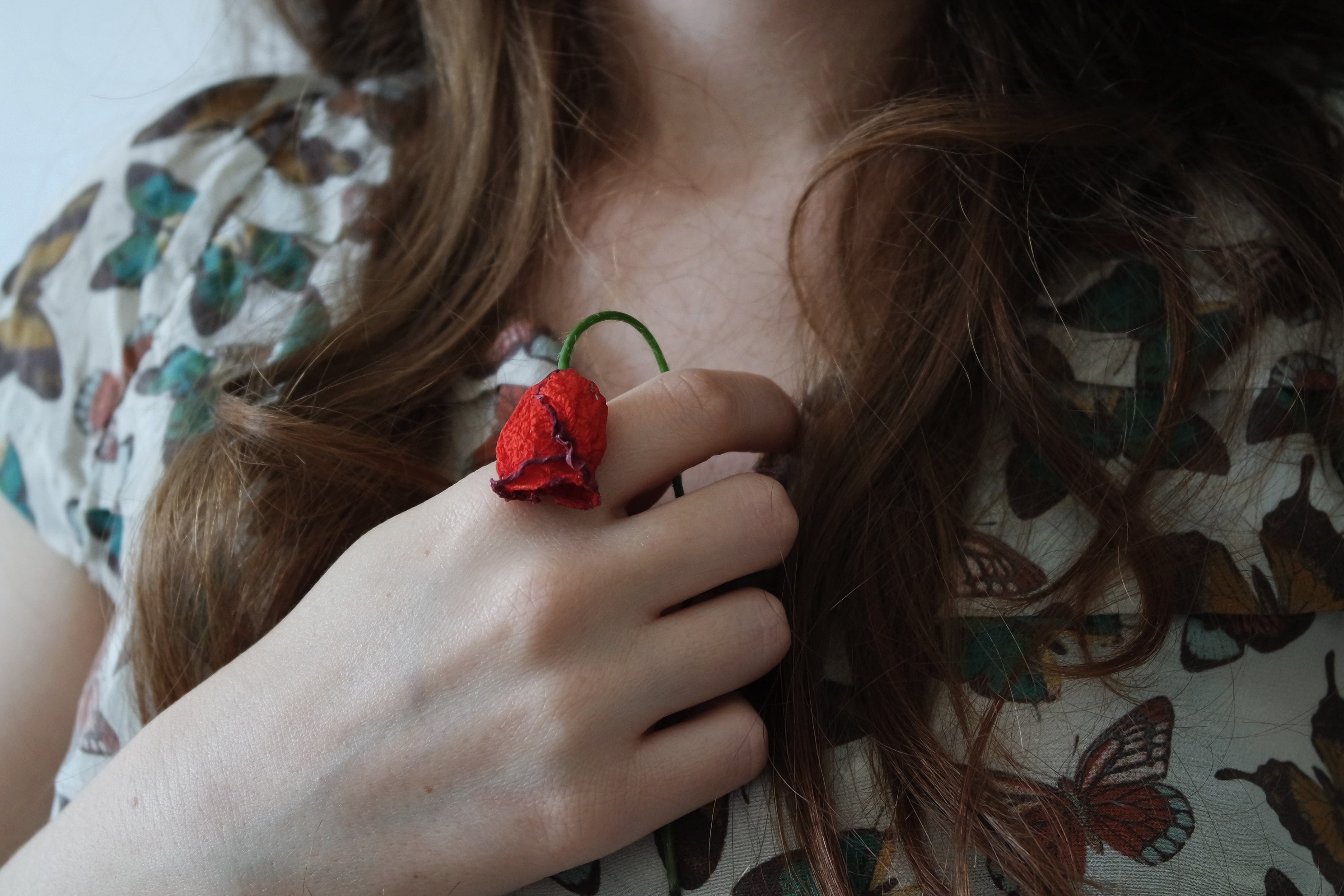
Neuro-chemically at this time the actual chemical makeup of your brain does change. The pharmacist in me is well-versed in this because antidepressants were one of the most common medications I saw prescribed.
But what I always found interesting was that most patients had been taking antidepressants for years, while the evidence – the studies that back antidepressant use typically only studied antidepressant use for up to three months.
Put another way, there’s very little evidence to suggest that antidepressant meditations work in the longer term.
That doesn’t mean if you’re taking antidepressant you should stop. But it is an interesting fact to consider in how we, as a society, deal with depression.
As embodied women I believe we have a big role to play in re-defining how the world relates to their emotions – including depression, so here are five truths I feel are really critical and useful to support every woman:
1. It’s okay to feel depressed, it happens to everyone.
I’ve spoken about depression with some of the most amazing and seriously conscious women I know. I’ve felt depression myself, for me it’s a sense of never ending flatness and heaviness. Depression can be a natural season, and that’s okay.
2. The nature of emotions is flow.
I described depression as a season because, like all emotions, they ebb and flow. just like the tides flowing in and out, so to do our emotions constantly change and when we find ourselves stuck in one emotion for an extended period of time. when it’s frozen, instead of flowing, it’s most often because we’re unwilling to welcome that emotion, and so it’s not free to be expressed and flow through us.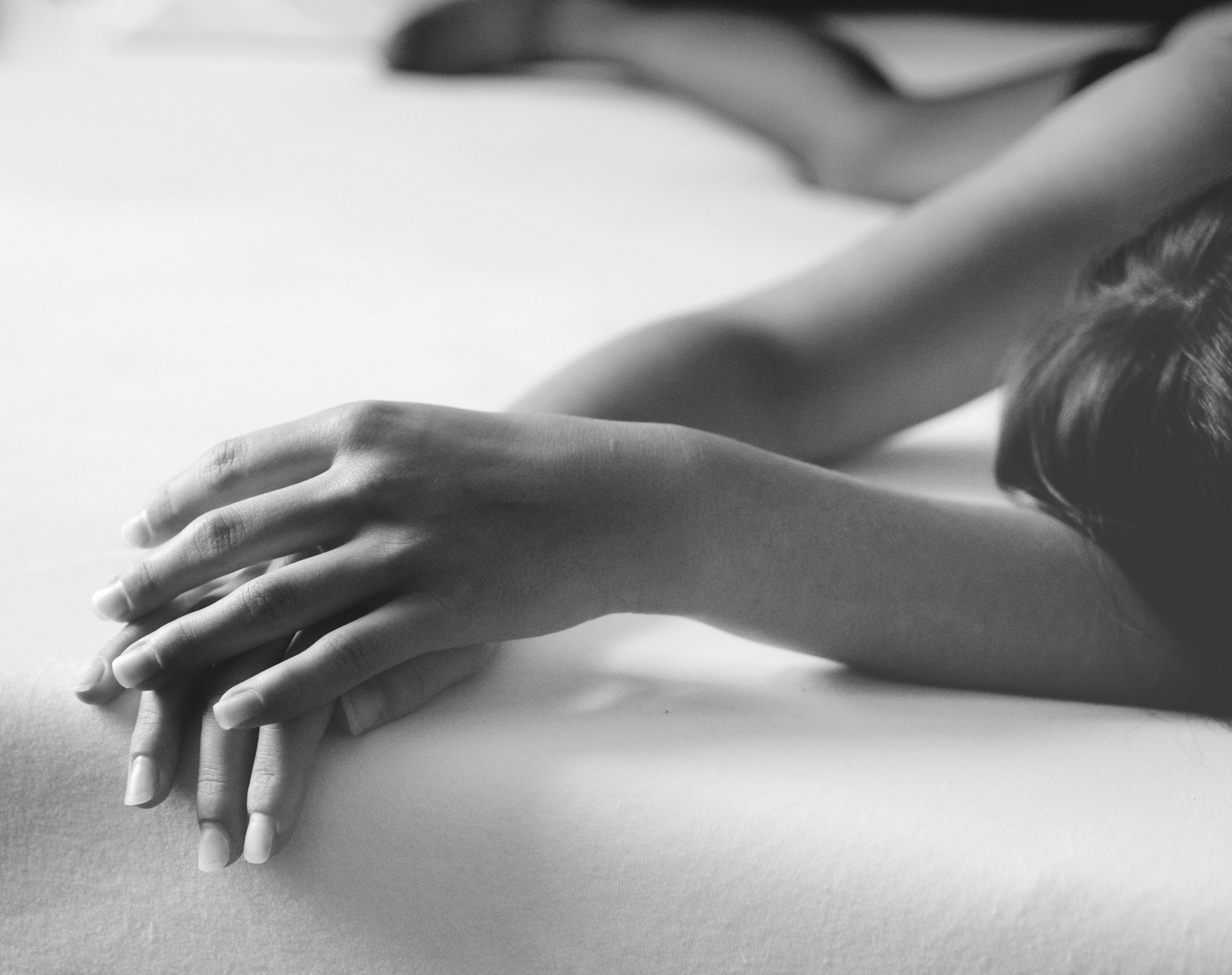
3. The third thing that’s critical to do is to find our safety.
Without a foundation of safety, and somatically feeling that you’re safe in your body, it’s much more challenging to allow yourself to feel and liberate emotional energies back into the flow.
Question to consider is, What creates safety for you – friend, professional, something that you can find inside your own body?
4. You’ve got to become a researcher.
Just like where we want to become better at something, we learn more about it and research it.
I’m not suggesting you read textbooks about depression, I’m suggesting you start researching your own experience.
Exploring its textures and noticing where do you feel it, what does it feel like, what thoughts or stories go with it, what time of the day or your cycle are you feeling it.
5. Finally, know that support and help is here.
You might find that through a feminine embodiment coach who’s trained in emotional embodiment, or through amazing free resources like Beyond Blue in Australia or the national depression hotline in the US.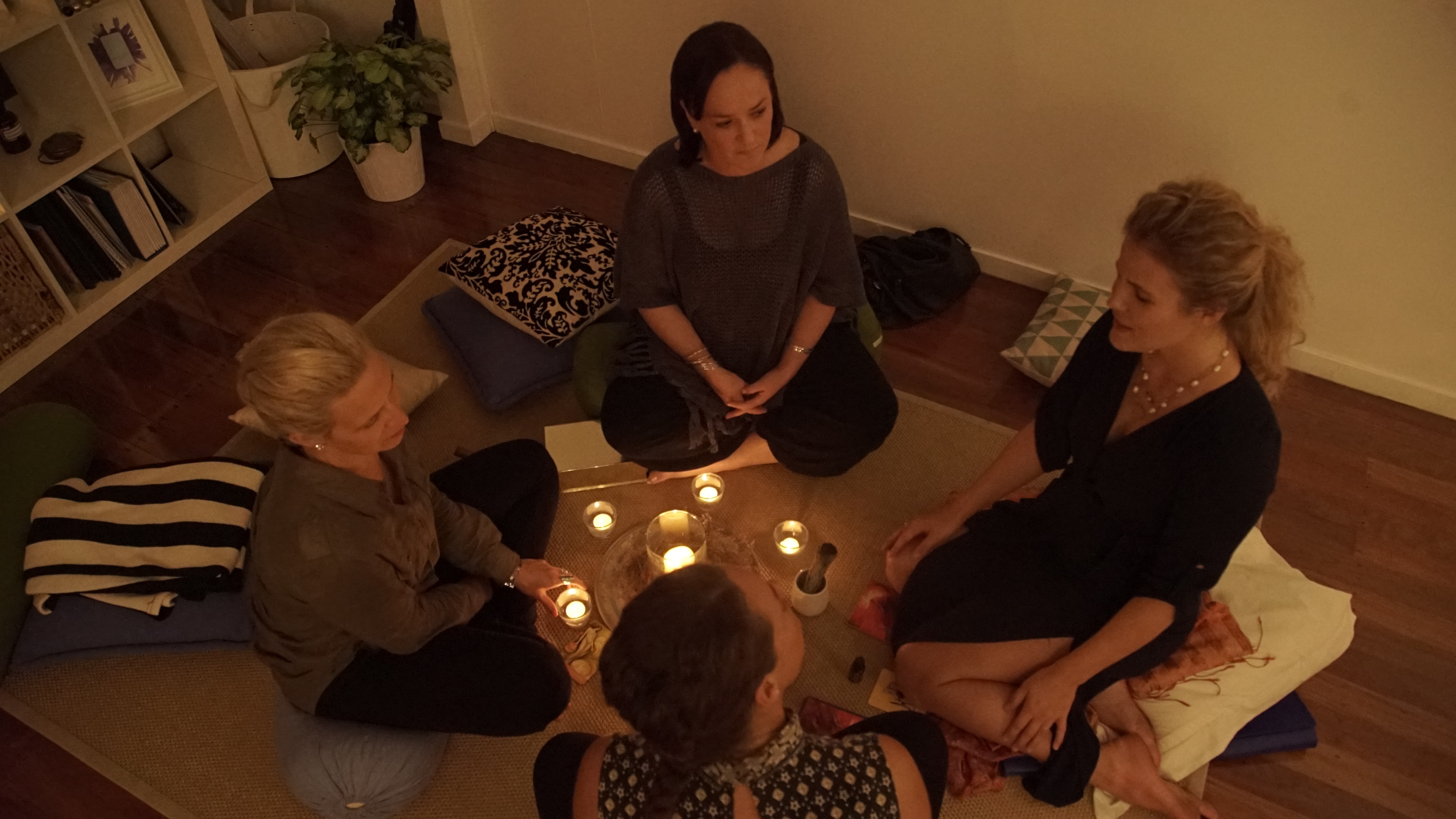
Ultimately as sensitive women, we are all going to experience seasons of depression and we are all going to be sensitive to others seasons of depression.
Creating a space of safety, for ourselves and for others is something we can do by coming into contact with our body – this beautiful temple is where sensation lives.
If you’d like a free guided meditation resource to help you connect back into safety – into your heart and womb you’re invited to download a wonderful audio at www.jennaward.co/audio
Now it’s your turn. Do you know someone dealing with depression? Forward them this resource now and open and conversation.
Do you have another resource or question to ask?
Leave us a comment below.
Once again thanks for tuning in to the emotional embodiment series. If there’s an emotion or topic you’d love to hear more on make sure you leave a comment. It’s a great honor to be writing to you today – thank you for being here.
